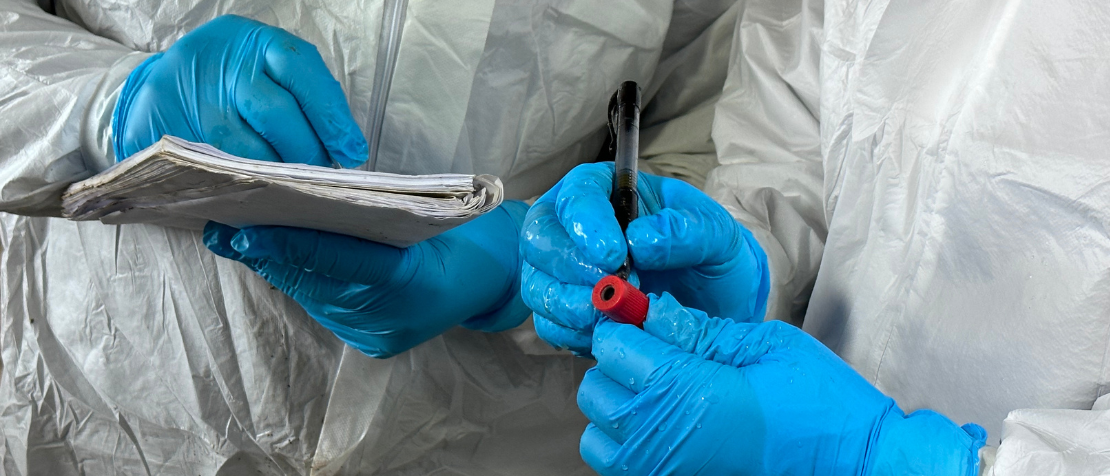UN Quadripartite puts One Health into practice to equip experts across Europe

©FAO/Mattia Romano
The One Health approach emphasizes the interconnected health of humans, animals, and ecosystems. By fostering collaboration across sectors like agriculture, healthcare, and environmental management, One Health aims to tackle complex global health challenges, such as emerging diseases, through integrated solutions.
In a bid to enhance national capacities and bridge gaps between sectors, the Food and Agriculture Organization of the United Nations (FAO), alongside the World Health Organization (WHO), the World Organisation for Animal Health (WOAH), and the United Nations Environment Programme (UNEP), known as the Quadripartite, launched a Russian-language version of its One Health course. This initiative targets professionals in Russian-speaking countries across Europe and Central Asia.
About the course
This course aims to develop national capacity for the implementation of the One Health approach by governments, offer insights into how One Health principles are applied globally and locally, and to encourage collaboration between professionals in different sectors and from diverse backgrounds. Participants were nominated by their respective national authorities responsible for veterinary issues, public health, food safety and wildlife health.
The four-week tutored course was developed by FAO and translated from an English version that was launched in February 2024. The course was conducted by the four organizations through the FAO Virtual Learning Center for Europe and Central Asia. With 188 participants from 12 countries, the course provided a rich learning experience through self-paced, interactive modules, webinars, and practical case studies. Participants completed five core modules, and one optional module tailored to address multisectoral challenges in One Health implementation. A hands-on case study on avian influenza demonstrated the use of Joint Risk Assessments (JRA) to enhance evidence-based decision-making, risk management, and communication strategies.
This course is accredited by the Veterinary Continuing Education in Europe (VetCEE), which indicates that it meets high standards. The accreditation supports the integration of course credits into national Continuous Professional Development (CPD) systems for animal health professionals.
This Russian-language course represents an important step in building resilient health systems in the region. By equipping professionals with practical tools and fostering cooperation, FAO and its partners continue to empower countries to tackle health challenges through a One Health lens.
VLC Europe and Central Asia (REU)
European Organization for Professional Veterinary Education (VetCEE)
FAO One Health website
FAO launches an online Russian-language course on preparedness for an emerging threat to the health of small ruminants: sheep and goat pox
Online training by FAO enhances the preparedness of European veterinarians against avian flu
FAO boosts animal health training with accredited online courses
